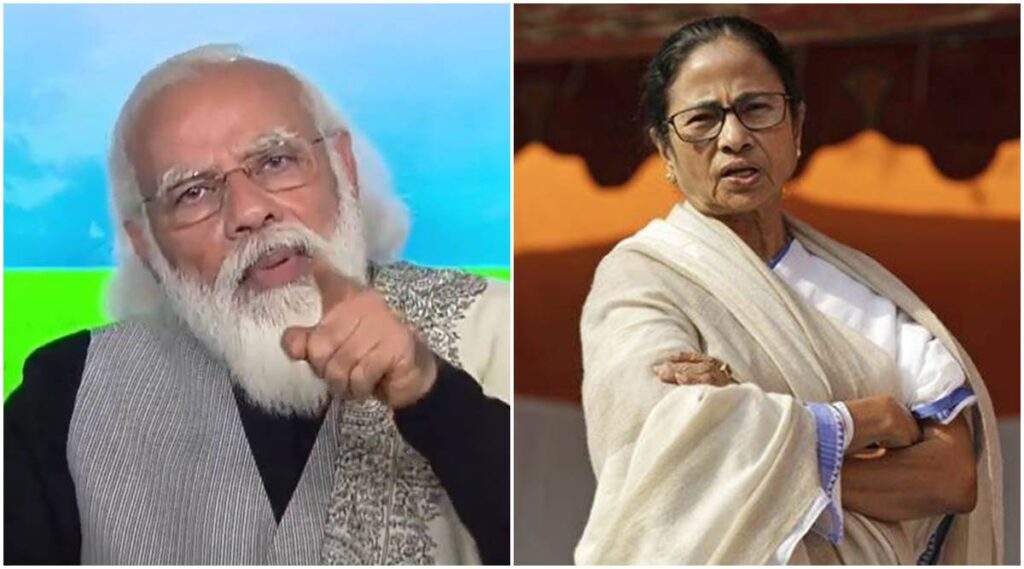
On the same day that a controversy broke out over a meeting between Prime Minister Narendra Modi and Chief Minister Mamata Banerjee, the central issued an order to recall West Bengal’s top bureaucrat from the state. Bengal Chief Secretary Alapan Bandyopadhyay’s term had only been extended for three months four days before to today’s decision recalling him to the centre.
Mr Bandyopadhyay has been ordered to report to the Department of Personnel and Training in Delhi by May 31 am.
Ms Banerjee cancelled a meeting with Prime Minister Modi to evaluate the effect of Cyclone Yaas, opting instead for a short 15-minute encounter with him at an airfield where his aeroplane landed. She was supposed to meet with PM Modi for a cyclone damage survey, but she fled after presenting him a report. Ms Banerjee allegedly held PM Modi and governor Jagdeep Dhankhar waiting for half an hour, according to the centre.
The Trinamool Congress slammed the central government’s decision to recall the senior official. “Is this the first time this has happened since the country’s independence? Forced central deputation of a state’s Chief Secretary. How low will the BJP of Modi-Shah sink? All because the people of Bengal humiliated the pair by electing Mamata Banerjee with a landslide victory “Sukhendu Sekhar Ray, a member of the Trinamool Congress, said.
This isn’t the first time the federal government has summoned top state officials to Delhi. Three Indian Police Service (IPS) officials were recalled just before the Bengal assembly election this year.
The Home Ministry is the IPS officers’ cadre regulating body, while the Prime Minister’s Office (PMO) oversees the Department of Personnel and Training (DoPT), which issued the order to recall the Bengal Chief Secretary today.
When demanding the recall of Bengal Chief Secretary, the central used Section 6(1) of the IAS (Cadre) Rules. “A cadre officer may be deputed for service under the central government or another state government, or under a company, association, or body of individuals, whether incorporated or not, wholly or substantially owned or controlled by the central government or another state government, with the concurrence of the state governments concerned and the central government,” the provision reads.
The regulations stipulate that if the centre and the state dispute over a central deputation of an officer, “the matter shall be decided by the central government, and the state government or state governments concerned shall give effect to the central government’s decision.”



